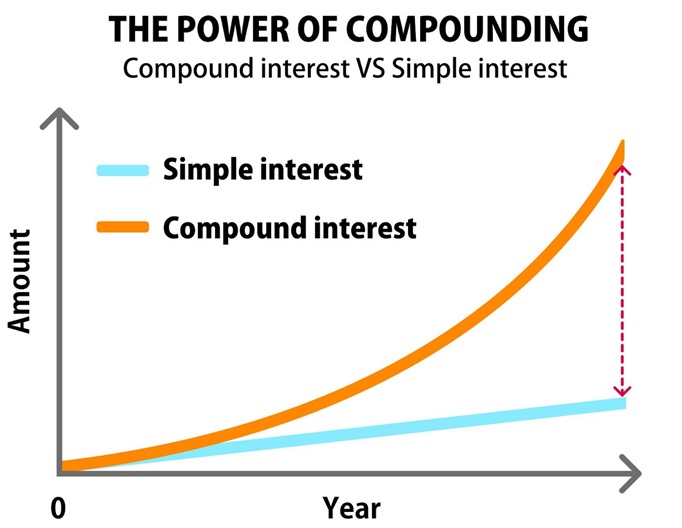The cryptocurrency landscape is witnessing unprecedented growth, but its potential is hampered by the absence of efficient systems, particularly in the integration of Smart Contract Protocols. In this article, we delve into the significance of NFT smart contracts in the crypto market and why businesses are increasingly turning to third-party security nft development solutions.
Understanding NFTs and Smart Contracts
NFTs: A Unique Digital Representation
NFTs, or Non-Fungible Tokens, serve as digital representations of physical assets, ranging from art and real estate to cars. Their non-fungible nature, ensuring exclusivity and scarcity, prevents duplication or modification by unauthorized parties.
Smart Contracts: Enforcing Agreements on Blockchain
Smart contracts, executed on platforms like Ethereum or NEO, are self-executing programs designed to perform specific instructions when predefined conditions are met. These contracts, coded with detailed instructions and terms, act as computer protocols that verify, facilitate, and enforce agreements between parties.
Unveiling the Benefits of Smart Contracts
Increased Security
Smart contracts enhance security by automating processes, and eliminating the need for intermediaries. This autonomy ensures that contracts are enforced according to their terms, reducing the risk of fraud or manipulation by untrustworthy third parties.
Improved User Experience
The automation and transparency embedded in smart contracts streamline the user experience by cutting down on time and costs associated with traditional contract enforcement. The self-executing nature of smart contracts eliminates the need for intermediaries, paving the way for faster and more efficient transactions.
Simplified Trading
Smart contracts empower direct transactions between buyers and sellers, eliminating the reliance on intermediaries. This simplification is achieved through algorithmic automation, reducing the need for extensive personal information sharing during transactions.
Easier Management of Digital Assets
Smart contract development enables businesses to automatically verify compliance with contract terms, streamlining the management of digital assets. Transactions, such as selling a car through an online marketplace, can be seamlessly executed with ownership automatically transferring upon payment.
Handling Various Payments & Commissions
Smart contracts facilitate various payment types and commissions, providing a versatile tool for managing financial transactions. Payment channels allow for swift and secure fund transfers without the need for extensive confirmation processes.
Cost-Effective Business Management & Taxes
Businesses can leverage smart contracts to efficiently manage taxes through automated systems, reducing paperwork and ensuring compliance. Custom NFT smart contracts contribute to smoother business operations, minimizing disputes and adhering to agreed-upon terms.
Applying NFT Smart Contracts for Enhanced Trading Security
Enforcing Ownership & Verifying Authenticity
NFT smart contracts play a pivotal role in enforcing property rights and authenticating items. By running on distributed ledgers, these contracts ensure that ownership, represented by NFTs, corresponds directly to the physical item, reducing concerns about authenticity.
Preventing Plagiarism & Counterfeiting
Blockchain-based smart contracts help combat counterfeiting and plagiarism by tracking ownership on a secure ledger. Artists can confidently sell digital artworks as NFTs, assuring buyers of authenticity by referencing blockchain-stored data.
Facilitating Business Transactions
NFT smart contracts streamline transactions by automatically executing predefined conditions on a blockchain network. Immutable once deployed, these contracts reduce the risk of fraud, as transactions are only completed upon fulfilling conditions.
Permanent Identification Data
Blockchain smart contracts allow businesses to create permanent records of product details, simplifying identification processes. Serial numbers or barcodes can be stored securely on the blockchain, ensuring a tamper-resistant and permanent ledger.
Ensuring Agreement Compliance
Businesses can utilize NFT smart contracts to prevent violations of agreements by encoding terms into the contract’s code. This guarantees that customers will pay for goods or services as per the agreement, with automatic execution upon fulfillment of conditions.
Providing Important Artwork Data
Smart contracts for NFTs can include metadata, offering crucial information about the artwork. Artists can add details like creation date, title, and artist qualifications, providing buyers with a transparent view of the artwork’s authenticity and value.
Selecting the Best Company to Develop NFT Smart Contracts
Selecting a proficient blockchain development company is paramount for successful NFT smart contract implementation. Thorough research on the company’s portfolio, team qualifications, and prior experience with similar projects is crucial. Location, although a factor, is less limiting in a world connected by technology, enabling effective communication regardless of geographical distance.
Conclusion
NFT smart contracts are emerging as a vital component in ensuring the security and efficiency of cryptocurrency transactions. As the crypto market continues to evolve, businesses must recognize the transformative potential of NFT smart contracts and choose development partners wisely to navigate this dynamic landscape.



